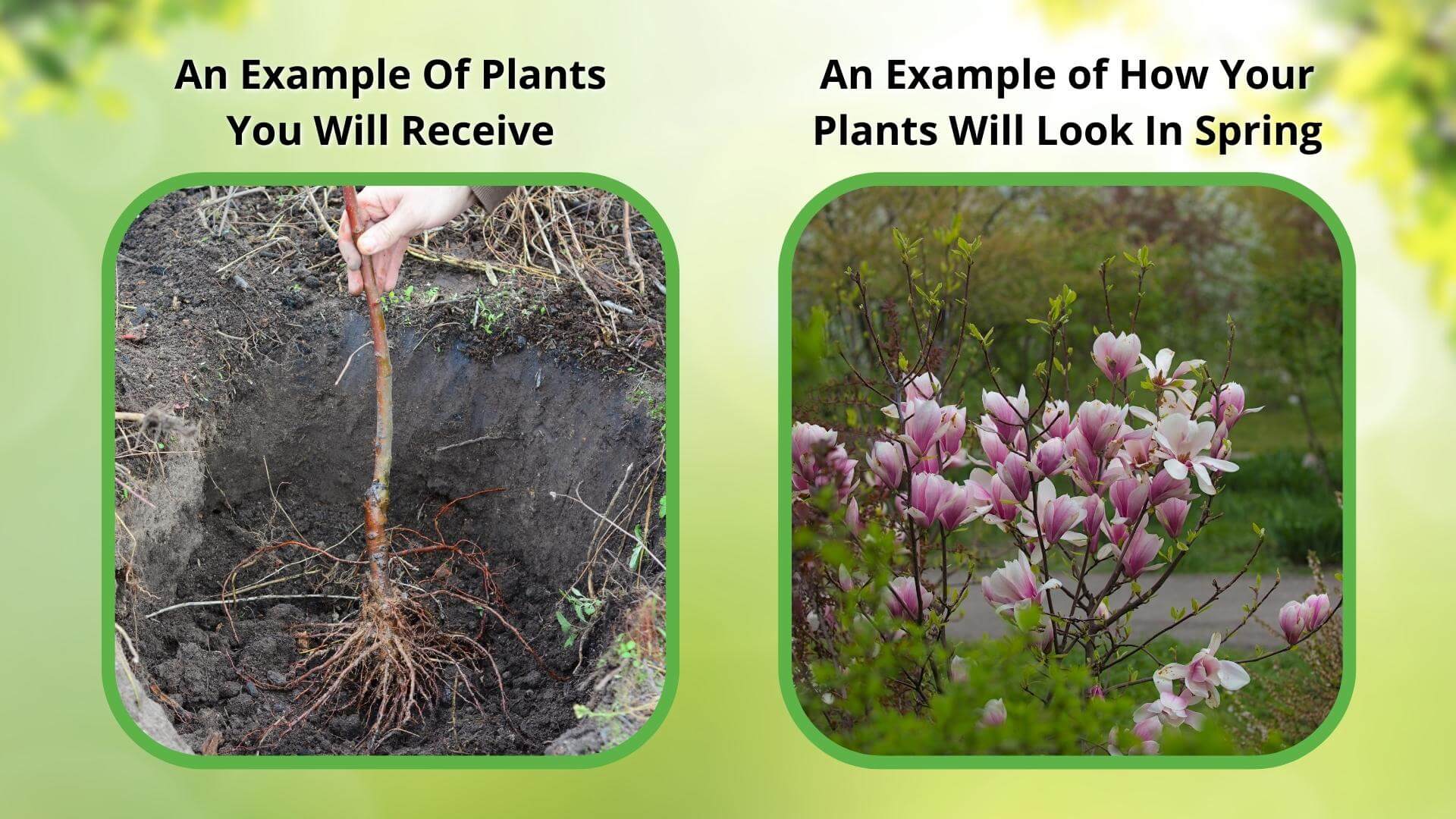
Perennials
TN Nursery has been offering affordable perennial plants to the public since 1959, spanning three generations. Whether you need one plant or a thousand, we have a wide selection of native plants perfect for your landscaping project or home garden area. If you love wildflowers or perennials that are low maintenance and do not need a lot of care, then our plants will be the perfect ones for you. Perennial plants are the backbone of any garden that is thriving and successful Unlike annuals, which you will need to replant every year, perennials return season after season. They have a host of environmental and aesthetic benefits. It doesn't matter where you are in your gardening journey; when you start incorporating perennials into your garden, you're going to reap some big rewards. Look at some of the major advantages of growing perennials and how they can transform your gardening experience. Perennials Are Low-maintenance One of the undeniable benefits of perennial plants is that they are easy to care for. Once you establish them, these sturdy plants require less attention than annuals. Reduced Planting Efforts Since they stay alive for several years, perennials eliminate the need for annual replanting. This will save you a lot of time and effort in your garden, which is why they are the perfect choice if you are very busy but still want to enjoy gardening. Drought Tolerance Perennials These have deep root systems, allowing them to access water from the deeper soil layers in your garden. They are highly drought-tolerant and can handle some tough weather conditions. Less Weeding If you're like most gardeners, weeding is probably one of your least favorite activities. The good news is that as perennials mature, they create less dense foliage, which helps suppress weeds. This kind of natural weed control reduces the need to use chemical herbicides or have frequent weeding sessions. Cost-Effective Gardening Saving money on your garden is something that most gardeners relish. One of the best things about perennials is that they offer long-term savings compared to annual plants. When you make a one-time purchase of perennials, you will get years of beauty and utility out of them. Over time, this will reduce the cost of replacing plants each season. Additionally, many perennials can be divided and propagated. This will allow you to expand your garden without too much additional expense. Some perennials thrive when they are split and replanted, giving you more greenery in your garden for free. Seasonal Continuity and Garden Aesthetics Of Perennials If keeping your garden vibrant and dynamic year-round is one of your goals, then perennials are the right choice. You will experience continuous blooms at various times of the year. Certain perennials usher in different seasons, and if you take the time to plant and nourish them, you will have a beautiful garden all year round. If you're looking to have structure and interest in your garden throughout the season, perennials are a great choice. Environmental Benefits Growing perennials has several environmental benefits, and if you want to make your garden eco-friendly, you can certainly do so with these plants. Perennials will stabilize the soil and reduce erosion over time. They also go a long way in enhancing the soil structure. While this is an awesome environmental benefit, it is not the only one. Perennial flowers attract butterflies, bees, and other pollinators. This helps to sustain the ecosystem and support biodiversity. In general, because they require fewer resources such as fertilizer and water, once they have become established, these plants are naturally environmentally friendly. Biodiversity and Wildlife Habitat Perennial These types of gardens provide a natural habitat for various species. They will supply nectar and seeds for pollinators, birds, and small animals. This supports the environment and also wildlife. Since many perennials will remain in your garden during the winter, they offer shelter to insects and small animals. Their dormant foliage will create a natural mulch layer, protecting the soil and plant roots. Functional Benefits for Your Garden Space Some perennials are low-growing, and because of this, they reduce the need for you to mulch the soil extensively while also helping to prevent soil erosion. While low-growing perennials may shelter and protect the ground, there are tall perennials that create natural privacy barriers in your garden. You can replace your artificial fences with these natural barriers if you choose. They will certainly look more beautiful than the traditional fencing. Finally, many perennials are edible or have medicinal properties. Perennial Plants Attract Pollinators Some will provide fresh food, while others can be used as herbs for natural remedies. Perennials as a Legacy Planting perennials is a long-term investment that leaves a lasting mark. Your perennials are going to grow more robust as the years go by. Some species can live for decades and become heirlooms in your garden. They will be like a familiar friend that is always there. These plants leave a joy and beauty that will cause future generations to gasp at their beauty, but to get to this eye-catching moment; you have to resolve to care for these plants in the best way possible. Choosing the Right Perennials for Your Garden Selecting the right perennials for your garden is very important. Several factors need to be considered, such as soil type, climate, and your garden preferences. Consider getting native perennials, as they will be better able to adapt to the region's climate and soil. This makes them very low-maintenance and ecologically beneficial. Bear in mind that light requirements for perennials can differ, so you need to consider this when you are making your selections. Some are sun-loving and will thrive in open spaces where they are continually hit by direct sunlight. However, others flourish more in shaded areas. Perennials are Environmentally-Friendly Bloom time is also another consideration. You should choose perennials with a staggered bloom time. This way, you will have a beautiful garden no matter what season it is. Perennial plants are a lot more than just staples in a garden. They are a testament to the beauty, resiliency, and sustainability that nature can provide. At TN Nursery, We Know Quality, We Grow Perennials Right Here On Site














